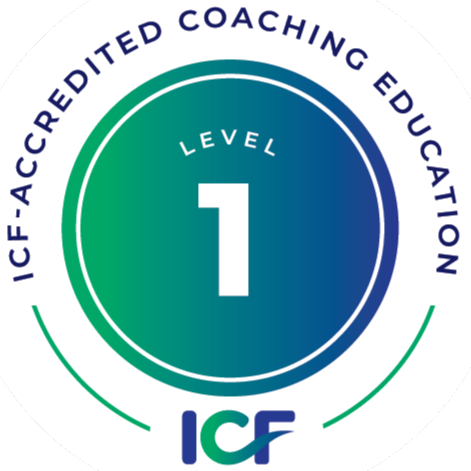
By: Candace L. Dorsey, MA, NCC, LPC
“We are not in a position in which we have nothing to work with.
We already have capacities, talents, direction, mission, callings.”
– Abraham Maslow
Maslow was a humanistic psychologist who focused less on psychopathology and more on personal development and the realization of one’s full potential. Maslow felt that development occurred in successive stages. Basic biological and physical needs are first. Safety is second. Next are social needs and esteem needs. Self-actualization needs are about growth and the achievement of personal potential and fulfillment and often involve peak experiences.
Maslow later expanded this original five stage model of the hierarchy of needs to include cognitive and aesthetic needs. Originally the last stage in Maslow’s hierarchy, self-actualization, moved from the fifth to the seventh spot. He then added transcendence needs as the last stage. This eighth stage is about transcending our personal needs by helping others on their journey towards self-actualization. For coaches, it is likely that we are entering the transcendent stage when we aspire to become a life coach.
One of the differences in a counselor and a coach is the focus on these latter stages. As a counselor specializing in trauma work, I find many people struggling with the safety stage throughout their lives. Most of my counseling clients have numerous difficulties with social development and nearly all have a significant deficit in esteem needs.
The discussion that follows is based on the new eight stage model. As coaches, our emphasis may focus a little on the third stage, social needs. We might help someone set goals in to improve relationships at work or at home or in regard to building a better social network. In stage four, esteem needs, we may inspire our clients to set goals that increase self-esteem, increase the sense of achievement or mastery, or add to the sense of personal empowerment. This work tends to involve tweaking and expanding in coaching vs. being at a more serious core level in counseling.
Stage five, cognitive needs, is about finding meaning in life and gaining knowledge. As coaches we help guide our clients in the discovery of how new knowledge may be stimulating and may help prepare them for new ventures or adventures. As the client is able to see things from different perspectives, new meaning often comes forward. Cognitive techniques such as reframing may be useful in this respect, or we might opt for visualization techniques or imagery.
Stage six, aesthetic needs, is often visited by coaches in helping people achieve more balance and appreciation for beauty. Some clients may feel a need to express this via a career change into interior decorating, architecture, or some other creative field. A client may take avocational direction and embrace activities that will add a greater sense of balance or fulfillment.
These are all stepping stones to the seventh stage involving the realization of one’s potential and becoming a fulfilled individual. Clients who set more altruistic goals or engage in the mentoring of others may be entering the transcendent stage. Our participation in this process potentiates our personal self-actualization as we become engaged in eighth stage and begin to fill our own need for transcendence.
Being a more process-oriented person, I believe one can be making strides in many of these stages at one or at different times and that some recycling or revisiting of some of them is inevitable. Maslow and I both believe that we are never finished with our progress, but I am not certain he would have agreed with my own perception that we may be reinvented, refreshed, or revitalized along the way by revisiting stages or that we can actually work on more than one at a time without having achieved the ultimate completion of each of the preceding stages before taking on some of the tasks of the next.
Sometimes, this may occur as an extension of mastery or as a form of revitalization and sometimes as a setback forced upon us by life; e.g. loss of a job through which we filled many of these needs, injury or illness, or other changes or challenges with which we are confronted. After relocating or losing people in our lives to death or something else that precipitated the ending of the relationship, we may return to stage three to focus on greater fulfillment of our social needs. We may feel we have arrived and are superb coaches in our transcendent stage; yet, we may later find certain skills lacking or become rather bored and need to re-invent or reinspire ourselves by revisiting stage five to fill the need for more knowledge or to find new meaning in our selves or in our work.
The concept of the hierarchical stages and the eight stages of needs provides a useful platform not only to identify areas that may impede growth and development but also those that provide opportunity for exploration and expansion. It is probably best not to over-focus on this while in the coaching moment because, as Maslow stated, “The ability to be in the present moment is a major component of wellness.”
Candace L. Dorsey, MA, NCC, LPC, BCC, became a Board Certified Coach (BCC) in May of 2012 and has been in solo practice as a Professional Counselor since 1995. She is on her own transformative journey from full time counselor to part-time life coach in semi-retirement. Candace thrives on helping her clients to become fully actualized individuals by identifying and clearing any impediments that block this process. She may be reached by email at cdorsey@bellsouth.net.




